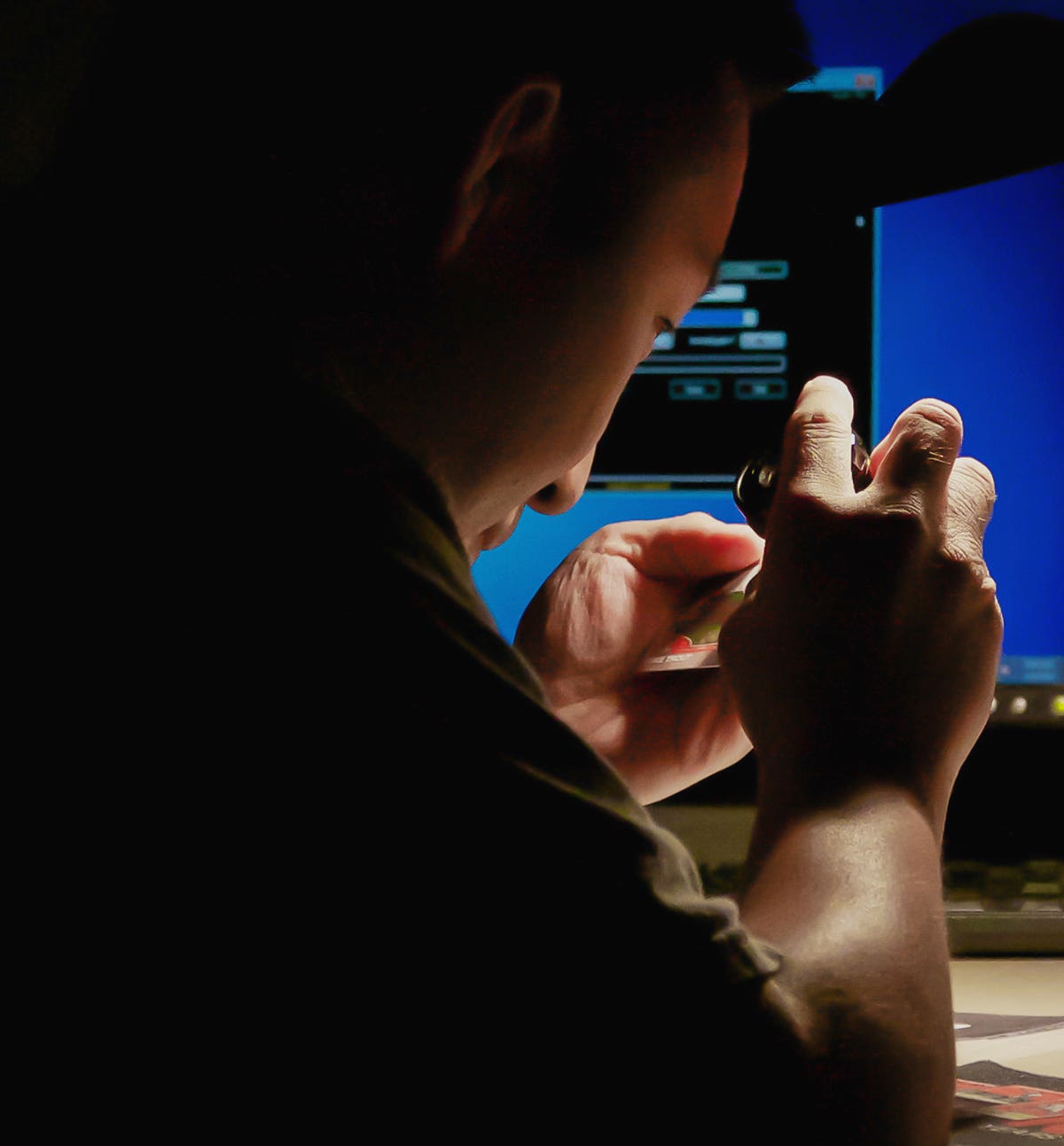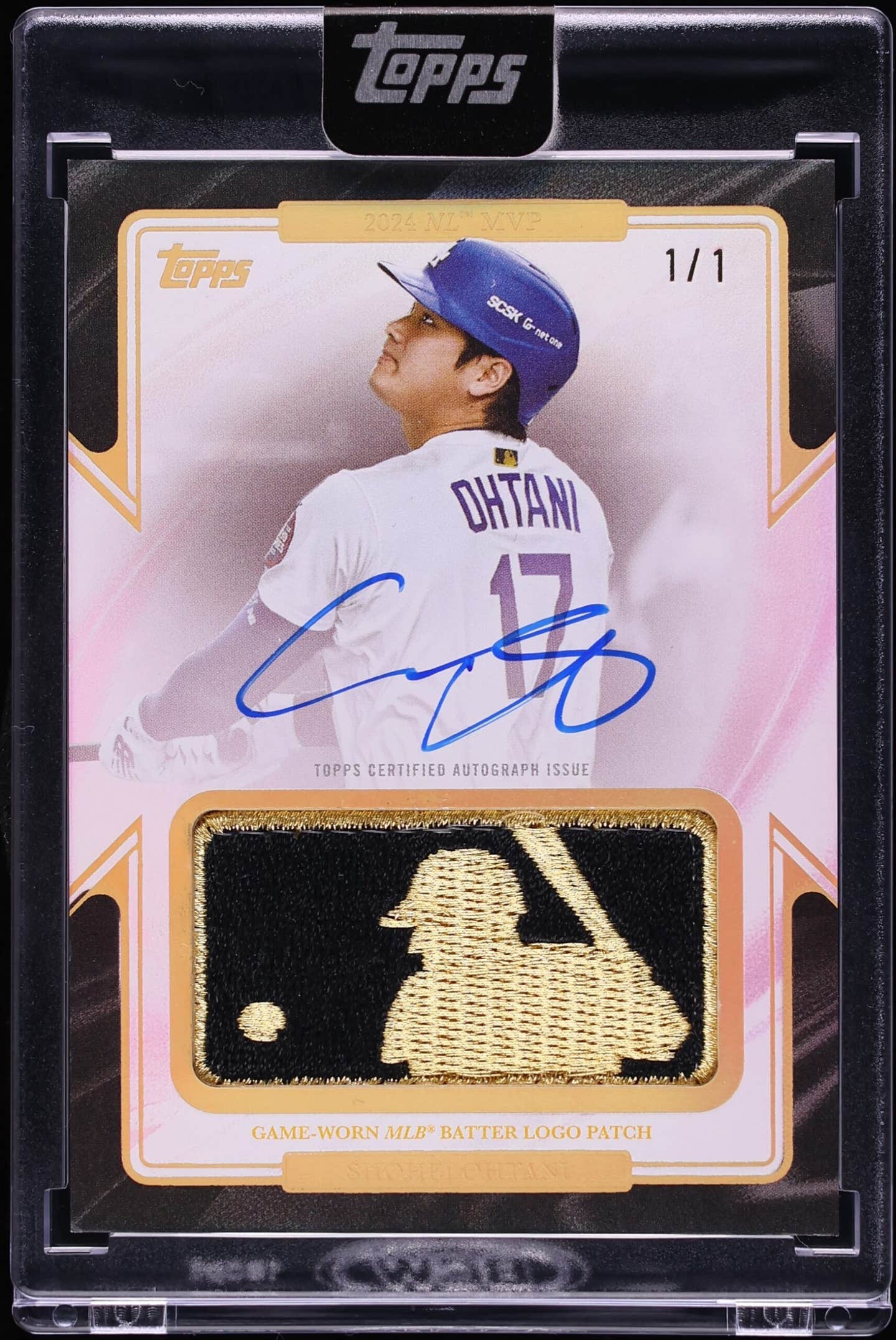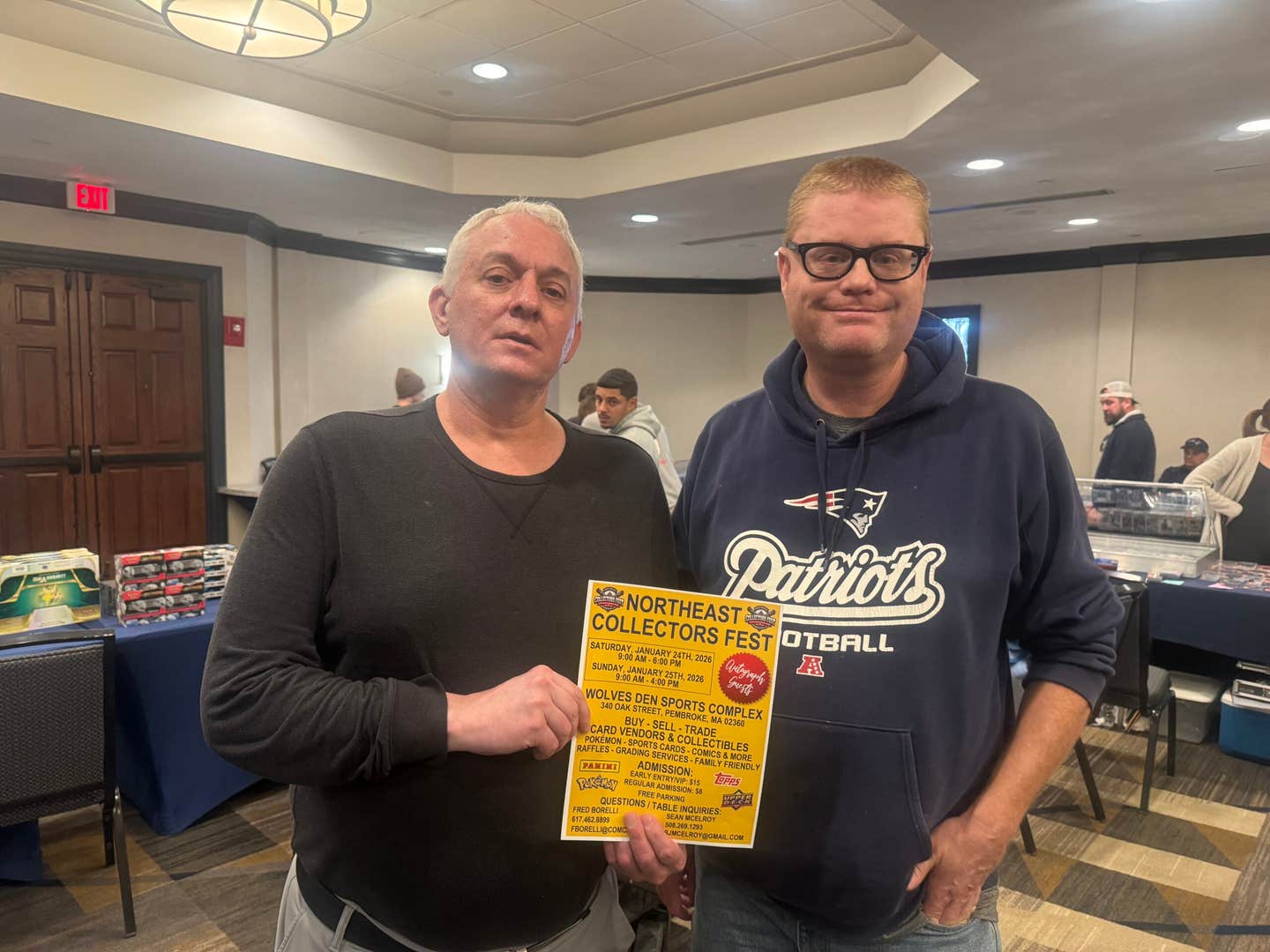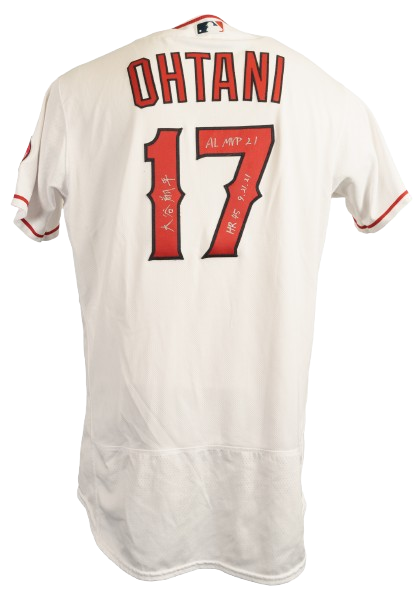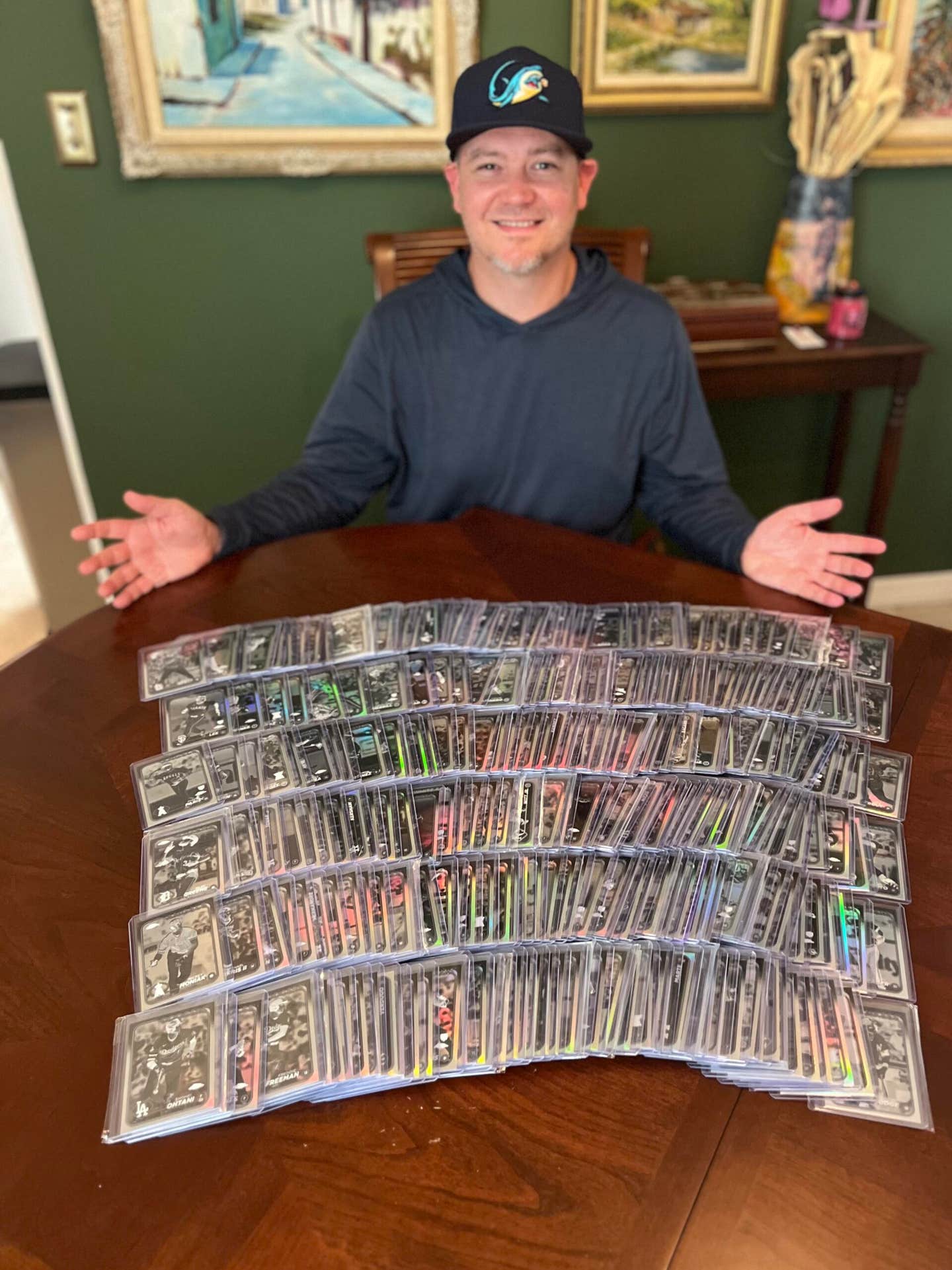Collecting 101
Major media more defensive about Aaron’s record
Even though I am the self-appointed world's greatest Henry Aaron fan, it's interesting to me that a whole flock of mainstream media types seem a good deal more worked up about the impending demise of Henry's all-time home run record than I am.
In a recent issue of the New York Times (April 4), sports columnist Selena Roberts speculated that at some point during the season, with Bonds still south of No. 755, federal prosecutors just might swoop in and indict Bonds, the inference being that such a development might derail Bonds' quest, if we want to so quaintly dub it, to ascend atop the all-time homer throne.
It's a helluva column, with quotes from Bonds' lawyer saying that the lead investigator "has been fixated with taking Barry down, and useful insight into the complementary story about Bonds' trainer, Greg Anderson, who's still being held in the hoosegow under a contempt of court charge for refusing to talk about Bonds' alleged use of steroids.
Described by the columnist as the key to an indictment of Bonds, Anderson strikes me as an amazing creature who certainly capitalizes the "L" in "loyalty," whizzing past even some high-end journalists when it comes to the ability to clam up in the face of unrelenting judicial pressure, all suffered from the forlorn condition of seemingly open-ended incarceration.
Roberts' theory that the Feds may derail this tainted home run chase is fascinating to me, and no doubt she knows a good deal more about it than I do, but I just can't see it happening. I think Bonds' lawyer, Michael Rains, likes to keep the drama alive and keep the debate fertile in the event the Feds do pull the trigger, essentially laying the groundwork for the argument that his client had been unfairly targeted by the whole process.
As icky as all of this is for Major League Baseball, the current yuck factor would pale considerably compared to the nightmare of having Bonds' indicted just as he was approaching the record. I can imagine that MLB officials might fantasize about their little problem magically disappearing somehow, but I doubt that particular scenario is very high up on their list.
Here in Wisconsin, we are still very protective about Henry a good 40 years-plus since he left town. Our own Milwaukee Journal Sentinel, in an actual editorial that reflected the consensus of the paper's Op-ed staffers, solemnly intoned a couple of weeks ago that the paper would be placing an asterisk after Bonds' name in the event that the slugger passes Aaron in the record books.
That one gave me a chuckle, as I noted in my blog (how cool does that sound?), but I ultimately don't think the paper's editorial board is serious and was merely venting a bit, which clearly is a maneuver with which I am comfortable.
In a pair of related stories in the same New York Times, the steroid question reared its ugly head once again. One story noted that artifacts from a number of players had found their way to the game's sacred shrine in Cooperstown, and a second feature article noted that a bronze statue of Mark McGwire that had been slated to join 10 others in a place of honor in front of Busch Stadium has been figuratively kept on the bench following McGwire's disastrous testimony in front of a Congressional committee two years ago.
I was struck by the fact that on the third day of a brand-new baseball season, America's Newspaper would dedicate about 120 inches of space to three articles that so prominently focus on the game's dirty laundry, so to speak. The article about the Hall-of-Fame artifacts, entitled "Tainted but on display," annoyed me even more, but I understand that reaction stems from my parochial views, having been involved in our hobby for so long.
It's not a criticism of The Times, but rather an obvious acknowledgement that the perspective of their general-interest readership is vastly different from ours, since we have such an intimate connection to the memorabilia. The point of the article was some degree of surprise that memorabilia from players touched in various ways by the steroid question would still manage to turn up in Cooperstown; for serious collectors and baseball fans, it's not much of a debate.
HOF officials are extensively quoted in the story, explaining that - I am paraphrasing here - the Hall itself and the museum have different mandates. The enshrinement of top players honors greats of the game in a fashion that allows for some subjective evaluation of character and behavior; the museum is charged with chronicling the events that took place over the game's 150-year history. Hall and MLB officials also made it clear that the two are very separate and distinct entities, something that often gets lost as casual fans confuse the relationship between them.
* * * * *
And speaking of being Cooperstown-worthy, Marvin Miller, perhaps the preeminent example holding that designation, will be signing autographs at the end of the month alongside a host of HOFers, rookies of the year and Pete Rose, too.
The April 28-29 MAB Celebrity (www.mabcelebrity.com) show in Secaucus, N.J., snagged Miller as a guest by way of his agent, another well-known hobby figure, Dick Gordon, who was as disappointed as anybody by the HOF Veterans Committee vote several weeks ago that once again left Miller officially on the outside looking in.
* * * * *
East Coast dealer Bill Rosenthal of Rockville, Md., who regularly sets up at the Sun-Times and SportsFest shows in Chicago and at a number of shows in the East, was victimized by a swindler at the most recent March 16-17 Sun-Times entry.
It's tough for us to document on our pages too many individual transactions gone bad, we do try to include some information when there's a chance including it in SCD might help get the stuff returned or warn other dealers.
In this instance, Rosenthal lost a 1939 Kenesaw Mountain Landis letter and a Frank Baker autograph cut after a man Rosenthal described as Hispanic, with dark complexion, 6-1, and stocky, bought the two items on Saturday of the show, paying with a check on what turned out to be a nonexistent account.
Rosenthal said the transaction took place at the busiest time on Saturday, with the man presenting a Wisconsin driver's license with the name Andres Santiago of Milwaukee. The check, drawn upon the St. Francis Bank in Milwaukee; the man worked an elaborate skit, calling his wife to see if there were adequate funds, etc.
Rosenthal is out $750; if anybody encounters any information that might be helpful about this, give him a call at (301) 774-3061.



